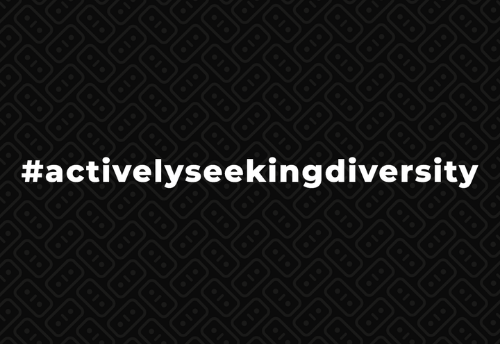To Build or Not to Build | Kicks Digital Marketing
Every business decision is a cost-benefit analysis whether you're doing the actual calculations or not. From an email you answer immediately (or let sit), to hiring new employees, or choosing how your website is built. You'll want to assess your business needs to make that decision. Below we've outlined a few things to consider that should help.
When a Custom Website Makes Sense
We'll explain in terms of using WordPress, but the principles are true of any content management system. Even though WordPress themes are not templates in the traditional sense, the end-product can certainly feel that way after being set up.
This may come as a shock if you're not familiar with website builds, but there's no realistic scenario where a developer would start from scratch on a website. If someone says that they need to, then you're dealing with an inexperienced developer. Custom designs should at least begin with a framework.
Frameworks are themes that are created to be built upon. They contain much of the basic functionality and styling for a website. When building with a framework, your site will be an extension of the original code and contain only the unique aspects of your design. It still requires a coder to construct the site, but this means you save money by not paying them to reinvent the wheel for trivial site aspects.
Page Builders
We at Kicks Digital use a proprietary page builder to create all of our sites. Like a framework, it contains all of the basics of a website but instead of layering on actual code, the creator uses the theme's building capabilities to develop pages and custom templates. These build-outs are saved in the database instead of coded files.
There are a couple of advantages to using a page builder over a traditional framework. The finished product is more portable. Because all of the structure and content is in the database, moving the database essentially moves the entire site.
No extra coding also means that anyone can update a page at any time. It doesn't require a coder, coding software, or any file transfers. Pages are built right in the browser, and like our theme, are often drag and drop with text and image editing (making it easy).
Page builder themes are more easily updated. There's no extra code that could conflict with the base theme which means there's no chance your site could break just by updating it. While that should never be a worry when dealing with more seasoned developers and themes it is something to consider.
When a Template Makes Sense
Websites are an extension of your branding and in many cases serve as merely an online brochure with a contact form. From a functionality standpoint there isn't much to it. There are a couple of website business objectives that can be met with templated websites.
Conversion / Landing Pages
Marketing and ad campaigns always need a location to convert potential customers and template solutions like Unbounce can be an excellent option. Even though the amount of design time and coding would be minimal for a one-page site or microsite, it makes more sense and be more useful if you know how to create one yourself using a landing page builder.
E-commerce Stores
Depending on how you're planning on creating your online retail presence, relying on a template for part or all of your site may make sense. We've all been shopping online for years and there are parts of it that people probably take for granted at this point. Every part of the buying, cart, and checkout experience has to be accounted for--which means those pages need to be built. That doesn't even include the admin views like inventory, order tracking, etc. Paying for a development company to create a custom solution for that would most likely be cost-prohibitive or at the very least a waste of money on your part.
We would never suggest that anyone pay to have a web development company custom code a shopping experience. We normally suggest that our clients build their store using Shopify. Shopify is entirely template-based. There are aspects of it that work much like a page builder, but the basic customization is just adding company colors and images.
As the centerpiece of your brand or marketing campaign, the decision of your website construction is an important one but doesn't have to be a difficult one.
Have questions or want to talk web build? Drop us a line, we love this stuff.
This content was originally published here.

